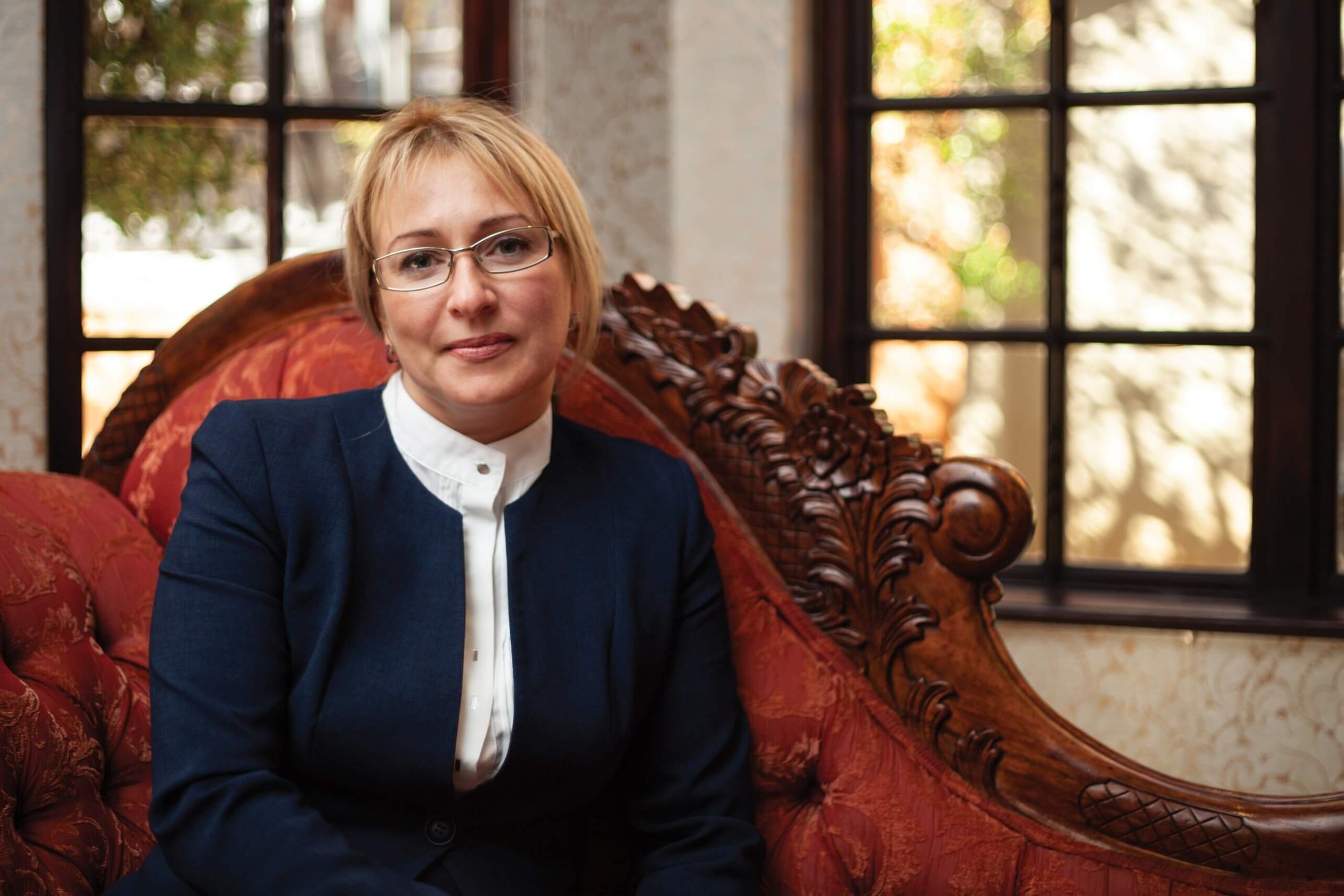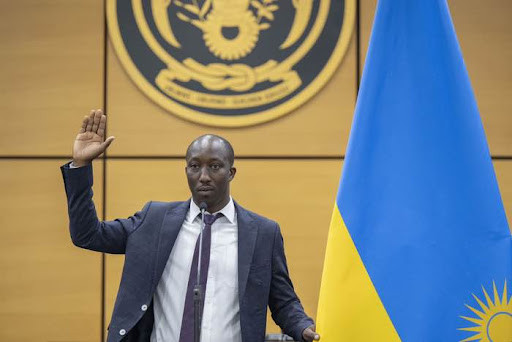
BY MIRIAM MANGWAYA UKRAINE ambassador to Southern Africa, Liubov Abravitova yesterday pledged to strengthen bilateral relations with most African countries although some had abstained from voting against Russian invasion of Kiev at the recent United Nations (UN) General Assembly.
Zimbabwe was among the 35 countries which abstained from voting against Russia’s invasion of Ukraine at the UN General Assembly, saying it does not support the imposition of sanctions against member States.
The UN General Assembly overwhelmingly condemned Russia’s invasion of Ukraine, with the majority of the member States calling on Moscow to stop the aggression.
United Nations (UN) General Assembly. were among the 35 countries which abstained, while Eritrea, North Korea, Syria, Belarus and Russia voted against the resolution.
In an exclusive interview with NewsDay yesterday, Abravitova said although some African countries decided to “stand aside” in the crisis, the overwhelming majority vote was encouraging.
“The United Nations General Assembly got an overwhelming majority of votes of 141 and the others were from the African continent, 35, that abstained from the vote,” Abravitova said.
“This vote is important because it was a test for many countries for their adherence to the value of democracy, value of the UN Charter and, of course, it was the principle of sovereignty and this is a very crucial principle for the African continent, taking into consideration the history of the suffering that it has had.
We are seeking diplomatic solutions.
- Chamisa under fire over US$120K donation
- Mavhunga puts DeMbare into Chibuku quarterfinals
- Pension funds bet on Cabora Bassa oilfields
- Councils defy govt fire tender directive
Keep Reading
We have to think about how we are going to live after every war.
“Unfortunately, Ukraine is paying a heavy price for these very principles which everyone chose to call.
But afterwards, we will see a lot of work for our bilateral relations with many countries, especially with those who were not sure and who decided to stand aside.
I don’t think it will directly affect some kind of relations but it will provide lessons on issues of co-operation.”
Abravitova denied reports that African students were discriminated against and left stranded in Ukraine when Russian forces invaded the country.
“We have strong ties with Africa.
The disinformation is huge and Russia uses it, not only to brainwash the world, but also to brainwash people in their own country.
I have been in touch with foreigners in Ukraine.
During the years, we have had over 16 000 students in the Ukraine, but they have never suffered any form of abuse.
When the invasion occurred, it was not predicted and no one was ready for it.
“Even the government of Zimbabwe cannot be blamed for that because there was no one prepared that Russian would appear suddenly at the Ukraine border.
The border services were not ready either.
There were a lot of problems at the border during the first days, but they were not connected to any discrimination.
Students were assisted to cross from Ukraine regardless of nationality,” she said.
- Follow us on Twitter@NewsDayZimbabwe










